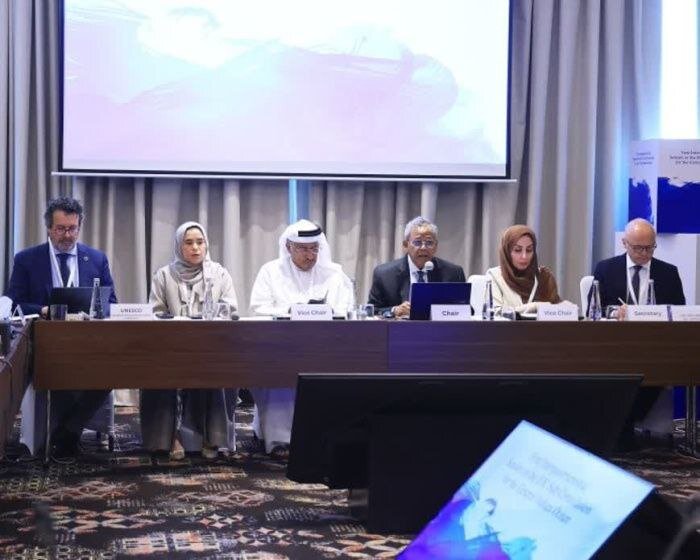Tehran – Mariam Kaemi, an employee of the Iranian National Institute of Ocean and Atmospheric Sciences, was elected as Vice-Chair of Subsemising Chippi State in the first in-local session of the Intergovernmental Marine Commission Subcommittee for the Central Indian Ocean (IOCINDIO-1).
Qaemi also serves as a national contact for Iran’s Integrated Marine Biosphere Research (IMBER), and is actively contributing to international marine research and sustainability initiatives.
Iocindio is a local institution established under the United Nations Education, Science and Cultural Organization (UNESCO). The event was held face-to-face in the Emirates of Ras Al Khaimah, United Arab Emirates, from May 21st to 23rd. Saif Algai of the United Arab Emirates was elected as chair, and India’s Balakrishnan Naia™ was also elected as vice-chairman.
The conference established the fundamental framework of Iocindio’s work, strengthened regional cooperation in marine science, and supported progress towards key sustainable development goals. We gathered experts from international organizations specializing in marine research and marine science who discussed ways to promote regional capacity development in the fields of marine cooperation, marine and ocean sustainable development, and marine science.
Attending a workshop on “Strengthening Ocean Sustainability,” Iranian experts from the National Institute of Marine Science explained in detail the scientific measures and operations of the region.
In addition to presenting a comprehensive account of the activities and programs of the West Asia Oceanographic Education and Research Centre (RCOWA), established under the auspices of UNESCO, Iranian delegation has actively participated in all specialized topics, including marine surveillance, sustainable development, marine disaster risk reduction, and marine lettering.
During the IOCINDIO-1 session, important issues such as the IOC’s strategic priorities, the 10th implementation of marine science for sustainable development (2021-2030), and collaboration with international institutions such as the United Nations Food and Agriculture Organization (FAO), International Development and Development Programme (UNDP), and the Marine RIM Association of India (IORA).
The conference addressed several key themes, including the development of joint strategies to protect marine ecosystems, strengthening research and technical capabilities among member states, and expanding knowledge in marine surveillance and marine resource management. It also laid the foundations for a joint framework to tackle shared environmental challenges such as climate change and marine pollution.
mt/mg

